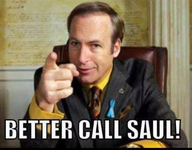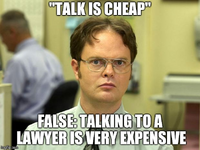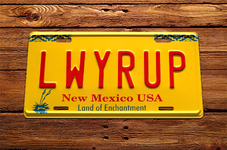Gold Supporter
- Messages
- 25,039
- Reactions
- 38,083
This sounds like the best plan if you are brought in for interrogation. Say "I invoke my right to remain silent, am I free to go?" If you are not allowed to leave then say, "I want an Attorney" and then don't speak after that.
View: https://youtu.be/-cQDsrdzmNE?feature=shared



















